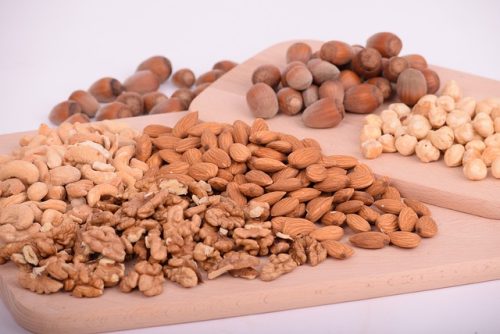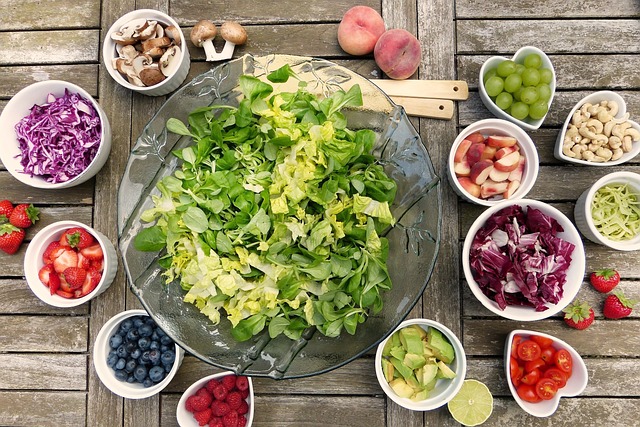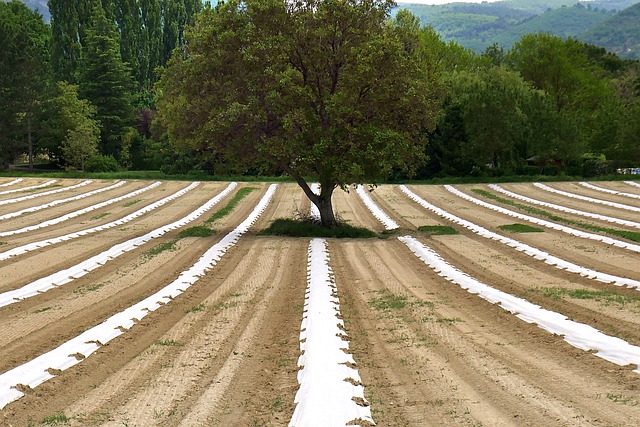What Is Meant By ‘Veganism’?
Veganism is the practice or lifestyle adopted by a group of people who call themselves vegan. Veganism includes not eating any meat products like chicken, beef or mutton. It also includes not eating any animal derived products like milk, eggs, butter and cheese.
Veganism vs Vegetarianism – The Difference:
- Vegetarianism as indicated by name refers to the practice of eating only plant based diet ideally. It excludes the use of animal meat products but still allows for consuming other animal products except meat like milk, eggs etc.
- Veganism on the other hand, does not allow for even animal derived products. It is exclusively a plant based diet.
Purpose of Veganism:
Aside from the health benefits, dietary restriction or allergies many people suffer from- Vegan diet was adopted also as an effort to make conscious environment friendly choices. Since veganism calls for avoiding both meat and animal products, therefore it was hailed as very beneficial to the environment. This is because the meat industry leaving one of the largest carbon footprint on the planet. This results in unprecedented carbon emissions that contribute the most to global warming. Thus, veganism was adopted as a means to combat this and take away their support for the meat industry.
Check out: Environmental Impact Of Food -From Production to Consumption
Is Veganism Actually Good For The Environment?
For a long time veganism was considered to be the best way of sustaining human life without contributing to the global emissions of the meat industry. It was also partly fueled by the goal of preserving animal life as many people equated all lives to be just as equal to human life.
However, recent research and growing awareness show that veganism may actually not be as good as thought previously. A vegan diet requires the use of many plants that need special cultivation, extra resources and additional processing. All this makes vegan food sources very expensive. Not to mention transport costs and shipping which leads to carbon emissions.
Moreover, as humans we need protein to live healthy lives. Meat is the best source of protein and veganism opts for plant based protein which is not as complete. Plant based protein sources include lentils, chickpeas, kidney beans, quinoa and soy to name a few. These are generally quite pricey in most countries due to import/export taxes. Furthermore, they may require special growing conditions like excess moisture or water.
You might also like to read: 15 Easy and Practical Ways to Reduce Food Waste
This also means that meat protein is superior in terms of muscle mass development in humans and the extra cost of a vegan diet cannot be afforded by all except the wealthy. Thus, for more reasons than one, veganism is actually not good for the environment.

Reasons Why Veganism Can Be Bad For The Environment:
Some reasons why Veganism is actually harmful for the environment include-
- Use of Extra Resources: The cultivation of many food alternatives typically involved in a vegan diet require special treatment. Although beneficial in many ways than a heavily meat based diet, vegan lifestyles may cause some degree of water, air and soil pollution due to extensive requirements to grow food.
- Unsustainable Food Types: Certain food types are not as sustainable as they may seem. Various nuts, almond/soy/oat milk, alternatives to cheese, creams and yogurt etc. often require very unsustainable amount of water to grow.For instance, almonds require around 13000 liters of water for just obtaining 1 kg. This is then further processed to form almond milk which again requires more resources, energy and also has additional transports cost if being shipped to outside countries.
For more detailed information read, 6 Food Items That Are Terrible For Our Environment - Droughts and GHG Emissions: The growing of many plant based food sources require huge volumes of water that are highly unsustainable. Spanish almonds require less water since the heavy rainfall in the region provides for the water.However, almonds grown outside Spain in tropical regions require water in an amount that can lead to drought like conditions in the region. Not to mention that if these almonds or food types are shipped out of country they bear additional carbon footprint. 1 kg of almonds alone emit around 3.52 kg of CO2.

- Exploitation of Marginalized Communities: As growing these foods require long duration, extra resources and large area of land, there is also a need for cheap labor. Since the yield is slow and delayed but the care needed to cultivate these crops is intensive, many farms or companies exploit poor communities and compel them to work long hours for less than minimal wage.Thus, this is inherently unethical and exploits one group to benefit the environment. However, in this case the environmental benefit is not substantial and the marginalized community have no access to these foods.
You may also be interested in, What Is Green Colonialism? – Everything You Need To Know - Greenwashing: It is a term used to describe marketing tactics that lead people to believe that a product/good or service is environmentally friendly. In majority of the cases it is not true and is simply deception.The extreme competition between companies and food production industries lead them to employ such tactics in order to attract customers that are willing to spend. Since vegan lifestyle is usually afforded by wealthy individuals, companies usually target these audiences.
They may label food as sustainable and other vague terms like eco-friendly without mentioning how the ingredients were sourced and what makes them eco-friendly. To avoid being accused of greenwashing, companies need to be transparent.
Read, What Is Green Washing? – Types and Negative Effects
CONCLUSION:
In many ways veganism does reduce the GHG emissions globally by up to 35% as compared to a meat based diet. It also no doubt has significantly less impacts on the environment. This can be seen in quinoa, chickpeas etc. that are drought tolerant crops. However, it should be noted that the cons of a heavy plant based diet that utilizes so much water, natural resources and other kinds of environmental degradation is just as important.
Combating global warming is all well and good but if we focus solely on that then other environmental spheres are in danger of being degraded due to vegan practices. This is particularly due to growing nuts for milk alternatives, cream and cheese alternatives, mushrooms which are imported, yogurt derived from nuts etc. – all of this does have a negative impact on the environment.
The best option is to adopt a Flexitarian diet– one in which you can be flexible in your diet instead of restricting yourself to both ends of the extreme. It allows individuals to consume plant based diet while also allowing for meat and animal products when necessary. Thus striking a balance and making conscious, well-informed decision is essential.
You might also be interested in: What’s Green Gentrification? Its Causes and Negative Impacts
I hope you all liked this post! Please comment below if you have any suggestions, comments, or feedback! We at #envpk love hearing from our readers! Thanks!




